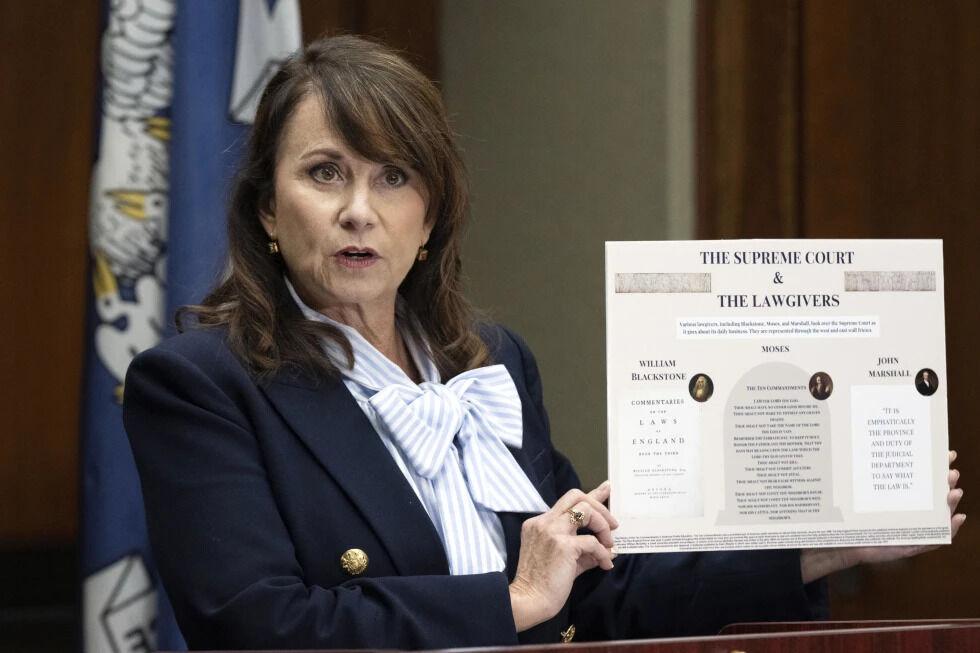Walking into the Law Center, students may be surprised to find CC’s Coffee. The Union is a plethora of brand-name services such as Pizza Hut, McDonald’s and Barnes & Noble and soon will feature an AFC sushi bar.
Many students wonder how many more companies will share space on campus, and the issue sparked much controversy among students in the past few years.
Lee Abbott, a political science senior and former student senator, told The Reveille last semester that in the eyes of administrators, the University is for sale.
“The University will continue to try and privatize as many things as possible,” Abbott said.
However, Eric Monday, assistant vice chancellor of Finance and Administrative Services, said collaborations with private companies that want to provide services on campus is beneficial to students, companies and the University as a whole.
“Private companies that are located or operate on campus are on campus because of a formal relationship they have with the University,” Monday said.
In the case of Chartwells, the 10-year contract with the company requires it to give a commission back to the University in gross sales, he said.
In other words, the University takes a percentage of any sales Chartwells makes on campus.
Companies such as CC’s, PJ’s Coffee and the upcoming AFC Sushi, which all were subcontracted under Chartwells, were responses to needs and concerns students addressed through surveys.
LSU Dining surveyed the campus community online, producing more than 4,000 responses.
“We try to bring services to the campus that students desire,” Monday said.
Students often relate to brand-name products, so when the University seeks proposals for new food services, it often looks to recognizable companies, Monday said.
With information from surveys, the administration looks at a broad range of areas that need attention — such as relocation of dining halls and where to locate or offer new facilities, he said.
Monday said the administration plots “traffic patterns,” or areas where students are heavily concentrated.
This outlook prompted Pierre’s Landing near CEBA and more recently opening some sort of food service in the Lockett Hall area, which still is only an idea, Monday said.
“[The variety of services on campus] is convenient because I don’t have to go out of my way to get what I need,” said Jason Graham, a mechanical engineering sophomore.
Graham said during a hectic day, he chooses products provided on campus instead of traveling elsewhere.
Mass communication professor Richard Nelson, who teaches advertising courses, said privatization makes students a slightly exclusive market to companies that offer services on campus.
“Eighteen to 25-year-olds are a prime audience for many products and services,” Nelson said.
Nelson said the agreements are a win-win situation because the companies can advertise to the student body, and the University profits from it as well.
Mass communication junior Lauren Holland said the importance of a student market to companies is obvious because of the concentration of businesses on and around campus.
“[The student body] is very important because companies are getting a lot of people just starting to develop brand loyalty,” said mass communication professor Stephen Banning, who also teaches advertising classes.
However, Banning said some people feel an educational institution should be advertising-free.
Monday said the administration is very cautious about how much commercialization occurs on campus. Strict solicitation policies exist, which dictate that no private companies not in relationship with the University can sell their products on campus.
Also, the University has worked hard to maintain the acknowledged branding of the LSU Bookstore and LSU Dining, not Barnes & Noble or Chartwells, Monday said.
Above all, privatization offers students more than the University itself can provide, Monday said.
“The most important reason for students to be here is to get an education,” Monday said. “But we want to know how we can add to the value of the education and further that experience.”
Officials attest to advantages of privitization
By Benjamin Leger, Staff Writer
November 26, 2002
More to Discover







